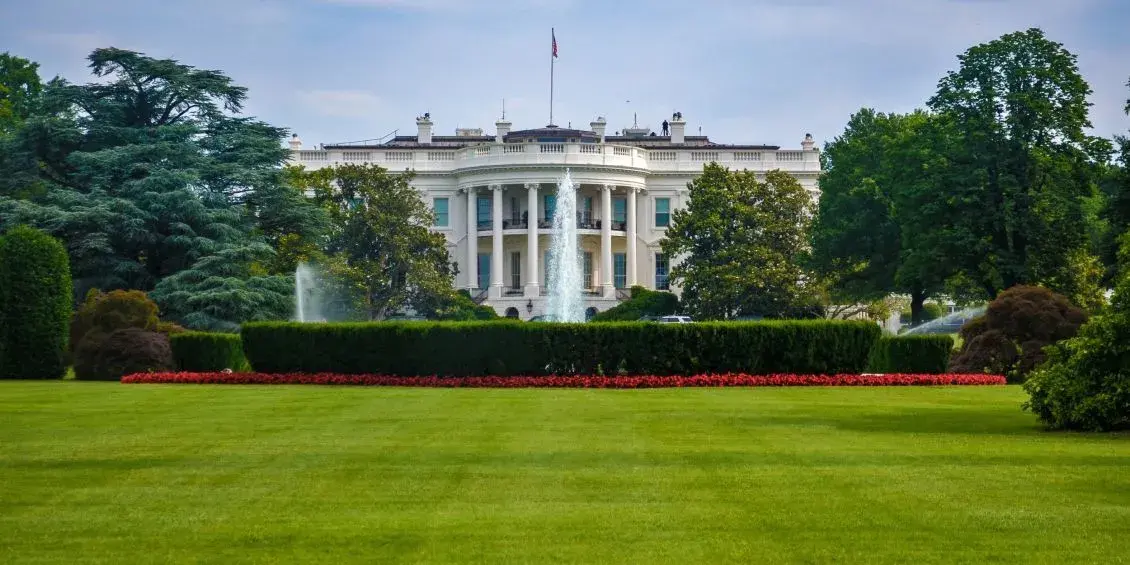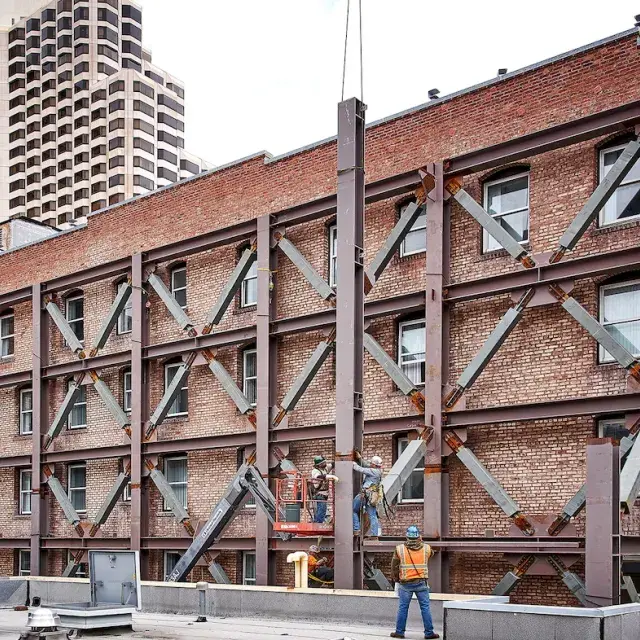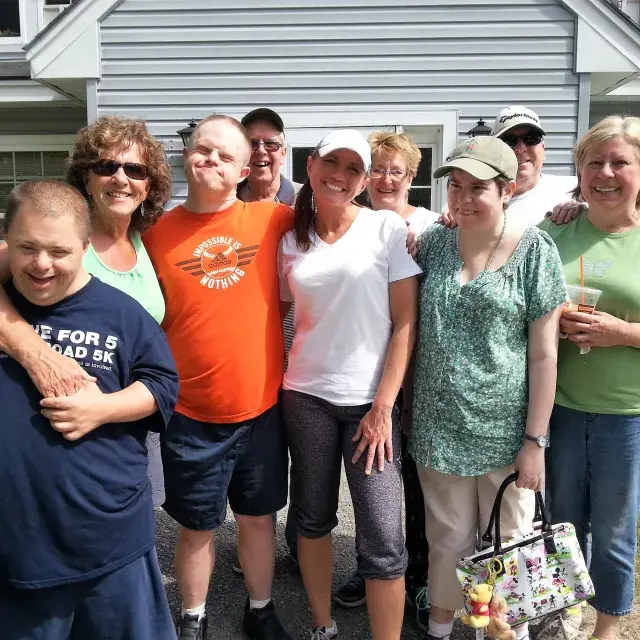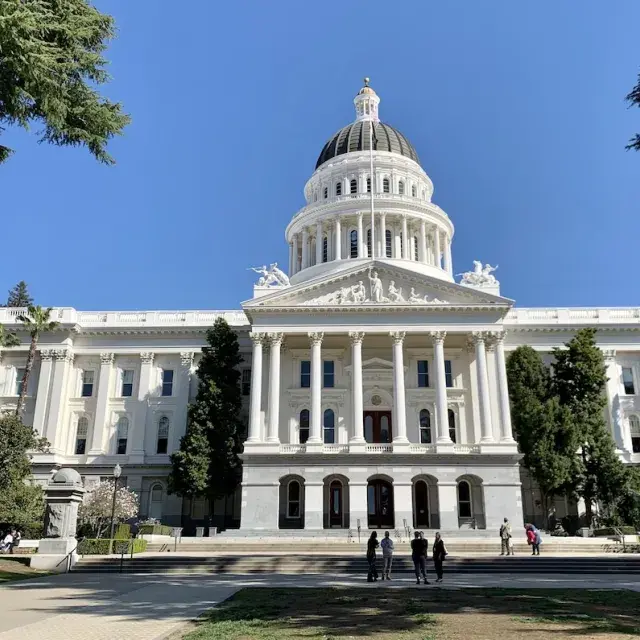President Trump has released his request for the Fiscal Year 2026 (FY26) budget, signaling the administration’s priorities and providing a jumping off point for the congressional appropriations process for FY26. The president’s budget request proposes significant reductions or elimination of major housing and community development programs. The budget request, while not legally binding, builds on the administration’s broader efforts to reduce federal spending and the federal government’s role in housing and community development programs.
When the administration released a preview of the president’s budget request, Enterprise CEO and President Shaun Donovan released a statement on the impact of the budget plan, stating that the proposed spending cuts “will only worsen the historic housing crisis and erase hard-fought progress toward building affordable housing.” Enterprise will continue to advocate for congress to provide robust funding levels for affordable housing, community development, homelessness, and resilience programs in FY26.
Here’s an overview of the administration’s housing, homelessness, and community development proposals:
U.S. Department of Housing and Urban Development (HUD)
Overall, the request calls for HUD to be funded at $43.5 billion, a $45.6 billion (51%) decrease from FY25 levels. Some highlights include:
Consolidation of Programs
HUD’s Rental Assistance Programs
The budget proposes eliminating all of HUD’s rental assistance programs including:
- Tenant-Based Rental Assistance (Housing Choice Vouchers), funded at $36 billion in FY25
- Project-Based Rental Assistance, funded at $16.49 billion in FY25
- Public Housing, funded at $8.9 billion in FY25
- Section 202 Housing for the Elderly, funded at $931.4 million in FY25
- Section 811 Housing for Persons with Disabilities, funded at $256.7 million in FY25
The President’s Budget Request proposes to replace these programs with a state-based formula grant program for local governments to design their own rental assistance initiatives based on their needs and preferences. The State Rental Assistance Program is proposed to be funded at $36.2 billion, which includes $4.4 billion in advance appropriations for FY27 and $25 million for youth aging out of foster care. This would be a $26 billion (43%) cut to HUD’s rental assistance programs. This program would institute a two-year cap on rental assistance for able-bodied adults and would prioritize the elderly and persons with disabilities.
Homeless Assistance Grants and Housing Opportunities for Persons with Aids
The budget would also consolidate the Homeless Assistance Grant (HAG) programs and the Housing Opportunities for Persons with Aids (HOPWA) into the Emergency Solutions Grant program (ESG). HAG is proposed to be funded at $4.024 billion, all of which is allocated to the ESG program and none to the other HAG programs such as the Continuum of Care program. The proposal would also provide no funding for the HOPWA program.
Elimination of Programs
- Community Development Fund. $3.3 billion was provided for the Community Development Block Grant (CDBG) program in FY25. It would also eliminate funding for the Pathways to Removing Obstacles (PRO) Housing grants, which received $100 million in FY25.
- HOME Investment Partnership Program, which received $1.25 billion in FY25
- Choice Neighborhoods Initiative, which received $75 million in FY25
- Family Self-Sufficiency (FSS), which received $125 million in FY25
- Preservation and Reinvestment Initiative for Community Enhancement (PRICE) program, which received $10 million in FY25
Programs with Significant Reductions
- $16 million for the Section 4 program, a $26 million (62%) decrease from FY25
- $26 million for the Fair Housing Activities, a $60.4 million (70%) decrease from FY25. The proposal maintains the funding for the Fair Housing Assistance Program (FHAP) but would eliminate funding for the Fair Housing Initiatives Program (FHIP) and the National Fair Housing Training Academy.
- $887 million for Native American Programs, a $457 million (34%) decrease from FY25. The proposal would eliminate the competitive portion of the Indian Housing Block Grant program which was funded at $150 million in FY25; reduce the Indian CDBG program to $5 million, a $70 million (93%) decrease from FY25, and reduce the formula Indian Housing Block Grant program by a $239 million (22%) decrease from FY25.
U.S. Department of Treasury
The budget request provides $133 million for the Community Development Financial Institutions (CDFI) Fund. This is a $291 million (59%) decrease from FY25 enacted. The budget proposes $100 million for a new Rural Financial Assistance (FA) program to support investment and spur economic development in rural communities. This new program would require 60% of CDFIs’ loans and investments to go to rural areas. The remaining $33 million would be to support the Rural FA program, the New Markets Tax Credit (NMTC), and the CDFI Bond Guarantee program. The budget proposes no funding for any of the other CDFI programs such as the Native American CDFI Assistance Program and the Bank Enterprise Award Program.
U.S. Department of Agriculture (USDA)
The president’s FY26 budget request includes $23 billion in discretionary funding for USDA, a $6.7 billion (23%) decrease from FY25. Note, the FY25 continuing resolution allowed the shifting of funding between USDA programs. Therefore, the amounts for some programs are different than they were in FY24. Some highlights for rural housing service programs include:
- $1.715 billion for Section 521 Rental Assistance, $73 million (4.4%) above FY25 enacted
- Zeroing out the Section 502 Single Family Housing Direct Loan Program, which received $716 million in FY25. It would also zero out the Tribal Direct Relending Pilot, which was funded at $4.6 million in FY25. This proposal would also continue to provide authority for the mortgage decoupling pilot.
- $400 million for the USDA Section 538 guaranteed loans to preserve and rehabilitate USDA rental housing, level with FY25
- $50 million for the Section 515 Rural Rental Housing program, $3 million (6%) above FY25
- $23.97 million for the Multi-family Housing Preservation and Revitalization Program, $10 million (29.5%) below FY25 enacted
Other Related Programs/Agencies
- Elimination of the United States Interagency Council on Homelessness (USICH), with $250,000 in funding to close out the agency
- Elimination of the Neighborhood Reinvestment Corporation (NeighborWorks America), with $27 million in funding to close out the agency
- Elimination of Health and Human Service’s Low-Income Home Energy Assistance Program (LIHEAP), funded at $4.025 billion in FY25
- Elimination of Department of Energy’s Weatherization Assistance Program (WAP), funded at $326 million in FY25
A breakdown of the affordable housing and community development spending levels can be found in our Fiscal Year 2026 Budget Request and Appropriations Chart. Enterprise will continue our work in the 119th Congress, engaging with lawmakers, the Administration, and our partners to advocate for robust funding for housing, community development, homelessness, and resiliency programs.
To stay up to date with critical housing policy news, subscribe to our bi-monthly Capitol Express newsletter.



